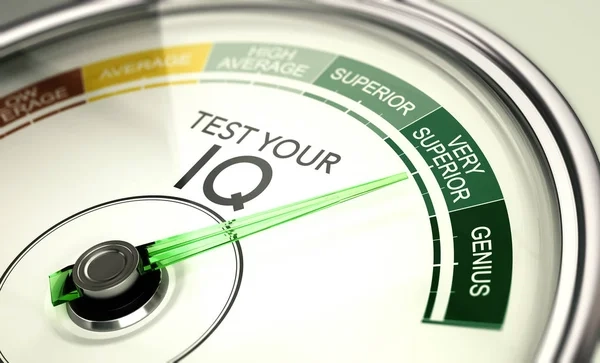
Is It Possible You’re Undiagnosed Autism? A Psychologist Unveils Surprising Traits!
2024-12-29
Author: Wei
In a groundbreaking revelation, top psychologist Dr. Kim Sage from California has shed light on the common traits that may indicate undiagnosed autism in adults—a condition she only recognized in herself a few years ago.
According to recent statistics, over 5.4 million adults in the U.S., amounting to about 2.21% of the population, are living with autism spectrum disorder (ASD). Alarmingly, autism diagnoses are on the rise, particularly among younger adults. A study conducted by Rutgers University suggests that a staggering 25% of teenagers with autism may remain undiagnosed, leading to potential lifelong challenges.
Dr. Sage identifies 'stimming,' or self-stimulatory behavior, as one of the most telling signs of autism. While stimming is often associated with more severe actions like head-banging or rocking, it can also manifest in subtler, more normalized ways. For instance, twirling hair, fidgeting with jewelry, or playing with a soft blanket are all common behaviors that might provide comfort to an autistic individual. However, Dr. Sage points out that habits like skin-picking or nail-biting may also develop as a result of stimming.
In a viral TikTok video, Dr. Sage articulates several repetitive behaviors that can signal autism, including tapping nails, making mouth sounds, or repeatedly listening to specific songs. While these habits are common among many people, they can play a crucial role in helping those on the spectrum cope with feelings of anxiety, boredom, or overstimulation.
Interestingly, experts from the Drake Institute of Neurophysical Medicine emphasize that while stimming is often misunderstood, it acts as a beneficial coping mechanism for managing overwhelming emotions. However, Dr. Sage warns that some of these stimming behaviors, particularly those that are more aggressive, may sometimes lead to self-inflicted harm or be misperceived by onlookers as intentional aggression.
Beyond stimming, Dr. Sage outlines other traits that may point to undiagnosed autism. Many individuals report feeling overly sensitive, experiencing chronic anxiety, or feeling out of place in social settings—often describing themselves as feeling 'alien' in these environments. The struggle to interpret social cues and navigate social complexities can lead to significant stress, exhaustion, and a deep-seated need for recovery after social interactions. Many autistic individuals prefer solitude or one-on-one interactions over large gatherings.
Furthermore, research highlights a concerning correlation between autism and autoimmune diseases. Dr. Sage notes that undiagnosed autistic adults may encounter a series of health issues, such as allergies, chronic pain, and gastrointestinal problems—factors that often go hand-in-hand but are rarely associated with autism.
One of the most troubling aspects discussed by Dr. Sage is the high rate of misdiagnosis. Common conditions such as bipolar disorder, depression, and obsessive-compulsive disorder are often confused with autism, complicating treatment avenues for many adults. Historically, autism encompassed various diagnoses such as Asperger's syndrome and childhood autism, but these have since been consolidated into the broader category of autism spectrum disorder (ASD).
As we go forward, it's crucial for anyone who thinks they may fit this spectrum to seek appropriate evaluation and treatment. Personalized approaches, including psychotherapy, social skills training, and occupational therapy, can help individuals tailor their journey toward better understanding and managing their experiences.
As awareness of autism grows, it's imperative to remain informed and compassionate toward those who may exhibit these traits—because recognizing the signs could be the key to unlocking a better quality of life for many.



 Brasil (PT)
Brasil (PT)
 Canada (EN)
Canada (EN)
 Chile (ES)
Chile (ES)
 Česko (CS)
Česko (CS)
 대한민국 (KO)
대한민국 (KO)
 España (ES)
España (ES)
 France (FR)
France (FR)
 Hong Kong (EN)
Hong Kong (EN)
 Italia (IT)
Italia (IT)
 日本 (JA)
日本 (JA)
 Magyarország (HU)
Magyarország (HU)
 Norge (NO)
Norge (NO)
 Polska (PL)
Polska (PL)
 Schweiz (DE)
Schweiz (DE)
 Singapore (EN)
Singapore (EN)
 Sverige (SV)
Sverige (SV)
 Suomi (FI)
Suomi (FI)
 Türkiye (TR)
Türkiye (TR)
 الإمارات العربية المتحدة (AR)
الإمارات العربية المتحدة (AR)